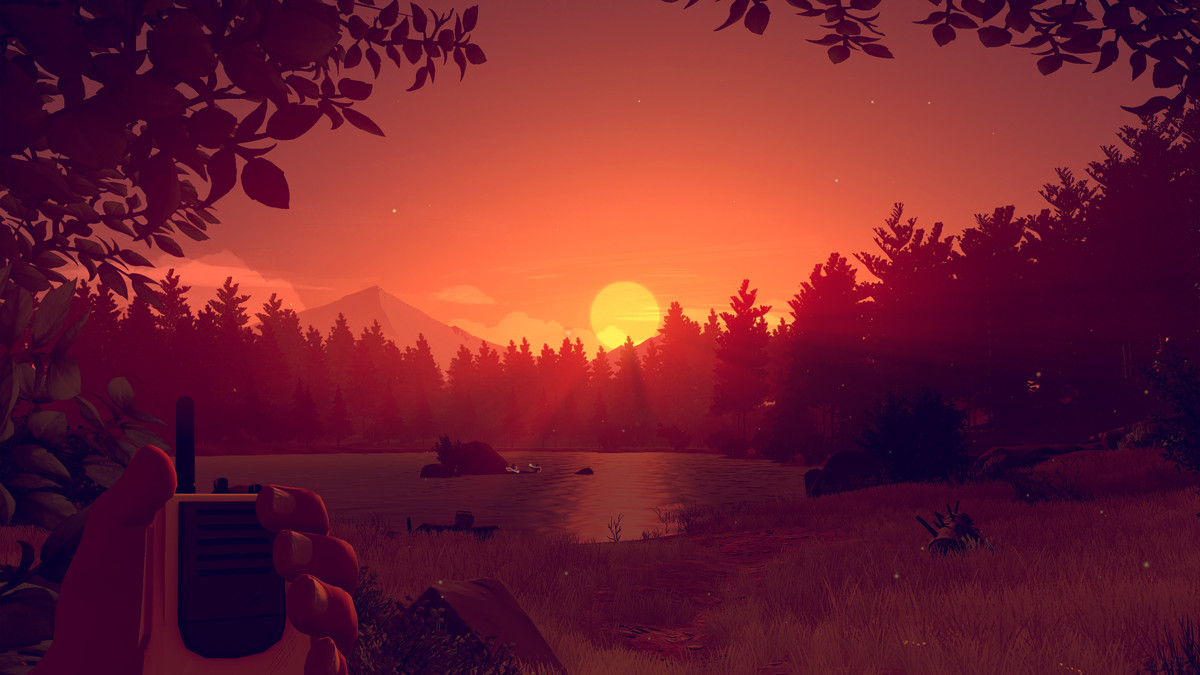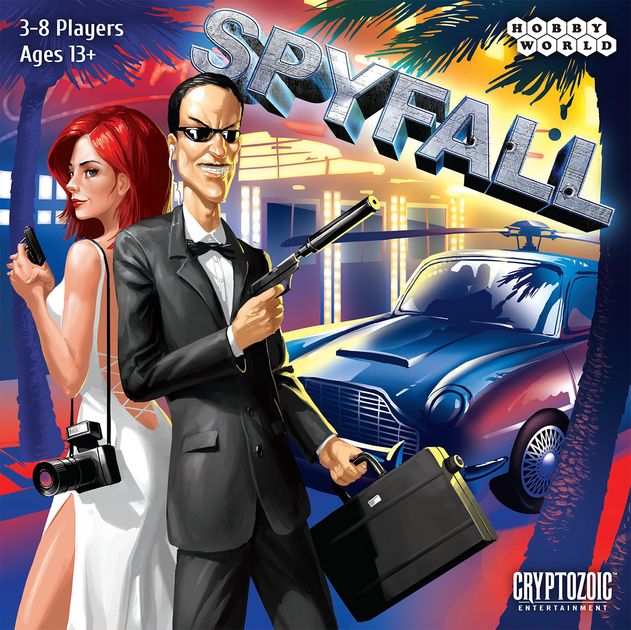For this assignment I played Firewatch, a single-player game developed by Campo Santo. Firewatch is a mystery set in the Wyoming wilderness where you take on the role of a man named Henry who has retreated from his messy life to work as a fire lookout in the wilderness, while his only emotional lifeline is the person on the other end of a handheld radio.
From what I played I was able to gather a few things about the game. On a technical level this seems like the kind of game that really could be played by anyone. Not much dexterity is required, and the controls are simple. The player just walks around and has an occasional conversation with Delilah, who Henry can only speak to through a handheld radio. However, the themes that it touches upon from the very beginning make it evident that this game is meant for a relatively mature audience. Before the player even sees what the world looks like, they are presented with the backstory to the game in a prologue.
The prologue is a really effective device used by the creators of the game. It is the very first thing the player sees when they start the game and consists of a black screen with a sentence or two on it at a time. The player clicks through this screen and is occasionally presented with options for how to respond as we quickly live through the events leading up to the game’s beginning. We experience 10 years– from the moment Henry meets a woman, falls in love, talks of marriage and kids, but then sees her health slowly deteriorate, and eventually must part ways with her– in the span of 5 minutes. In some ways this is jarring but immediately makes you empathize with the emotional trauma Henry has been through, in a way that feels very relatable as the story is always told in 1st person: e.g. “She looks beautiful, you’re in love.”, “You’ve never seen her like this.”, “She doesn’t even remember you.”.
Once the actual game begins and you are walking around in the Wyoming wilderness, there was another really interesting device that I noticed the developers use that really complements the setting. On one hand you are simply a fire lookout walking around doing your job, but on the other, you are connecting emotionally with a person you’ve never met, over a radio. And in the same way that if you were actually in this position, you would be able to walk around while at the same time conversing on the radio, the developers cleverly made the controls such that the player can easily walk around and interact with the environment with completely independent controls to those you use to talk with Delilah and even chose from different responses. In other words, the player does not need to stop doing what they’re doing in order to talk to Delilah, which gives the game a much more realistic and smooth feel.
Some may argue that the game is too slow, or unstimulating, but to me the pace of the game and the quiet feel only complement the immersiveness of the experience, and in fact, bring to focus the other important elements of the game. After going through what Henry went through, he escaped to the wilderness precisely to be alone and bask in the beauty of nature. The fact that the game is “slow” (at least the beginning) only adds to the melancholy the player feels and avoids more “stimulating” distractions (e.g. in-game minigames) to draw attention to the most compelling element of the game: Henry’s relationship with Delilah.



